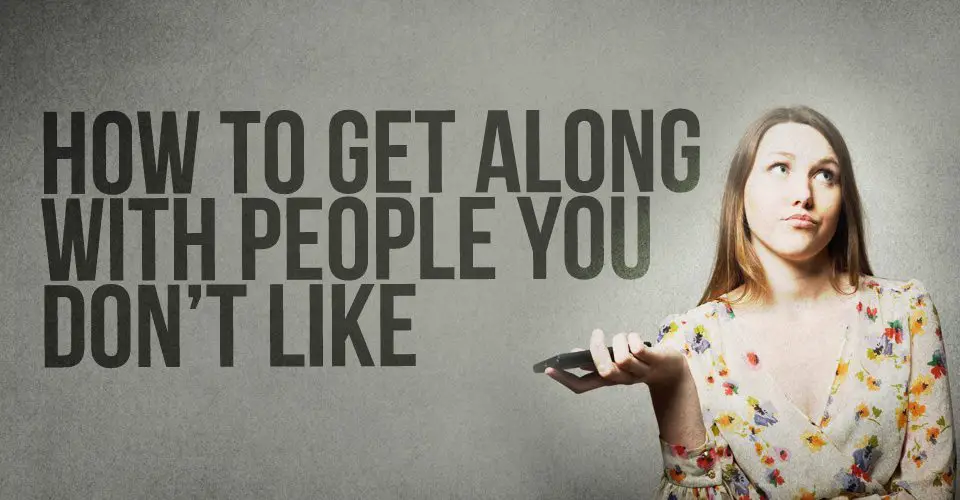
We all have people in our lives who we’d just rather not interact with – loudmouthed misogynists, shrill gossips, ignorant racists, hurtful name-callers – whatever type of person makes the hair on the back of your neck stand up. The most obvious course of action is to avoid these irritating people altogether.
What should we do, though, when this just isn’t possible? Maybe the person who makes you want to pull your hair out is a co-worker, or maybe your children have pledged to be best friends forever. Maybe they are even related to you, or live across the street. To deal with these situations, we need to first get to the root of the problem. What, exactly, is the source of your annoyance?
It may be tempting to believe that your friend’s husband rubs you the wrong way because he is simply wrong and you are better than he is – and maybe you are. However, research by University of Groningen psychologist Melvyn Hamstra suggests that the difference might have more to do with mindset.
His studies found that the people who were most likely to clash with one another were those with different goals and worldviews. This information is useful because these differences are not only subjective in nature, but not easily changed. By viewing your tormentor as someone who is not worse than you, but just very different, it becomes easier to tolerate their irksome behavior.
Oddly enough, we are often even more bothered by people who are very similar to ourselves. While we may be tempted to chalk this effect up to competition, the truth is usually a little bit darker. We are not often put off by people who exhibit the same strengths as us. Usually, in fact, we are drawn to them and inspired by them. Rather, we tend to grit our teeth when we see someone exhibiting a behavior that we resent in ourselves. A woman who is ashamed of her own vanity may cringe when she sees someone constantly reapplying lipstick, because she realizes just how foolish it looks.
A socially anxious teenager may feel like she will die of shame when her father makes a fool of himself in the mall – even if nobody else notices. The solution here is not to change the other person’s behavior, but to confront your own shortcomings and insecurities.

